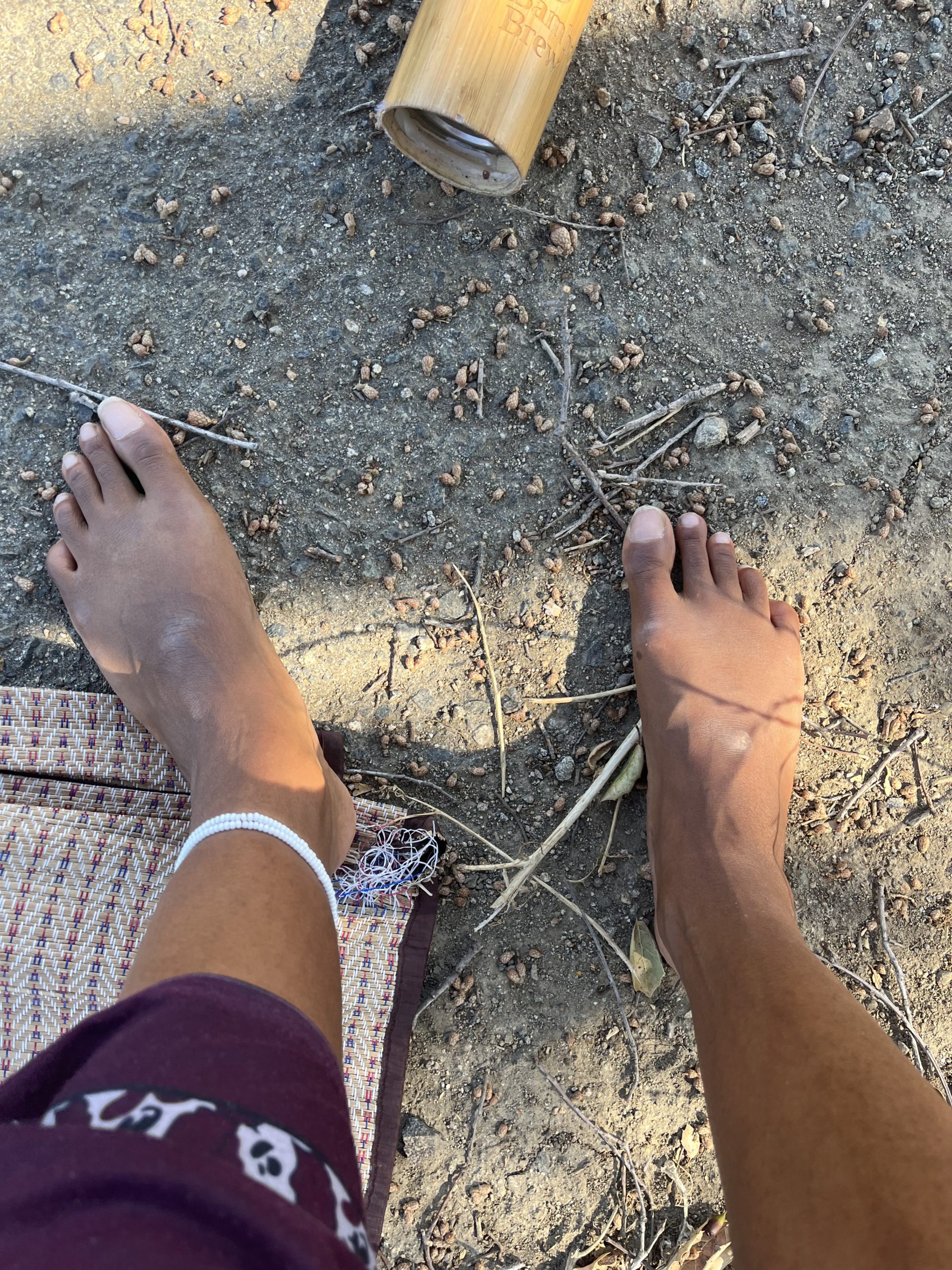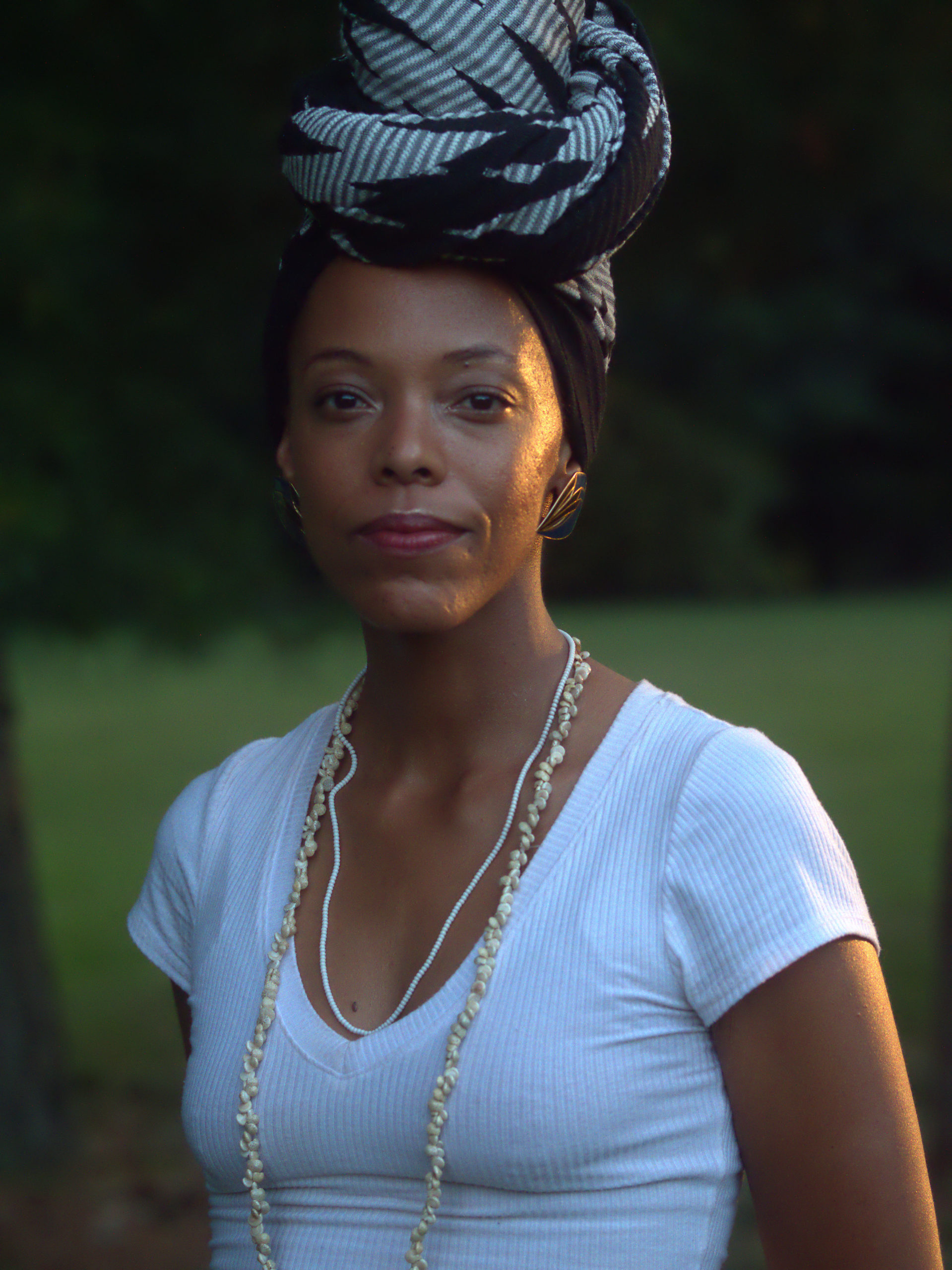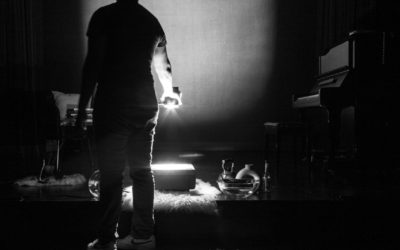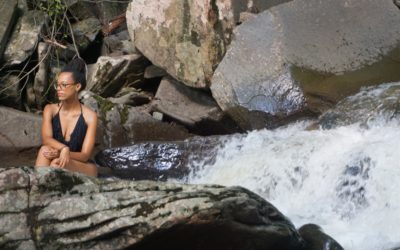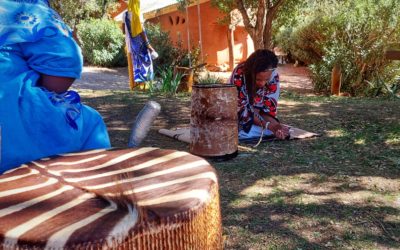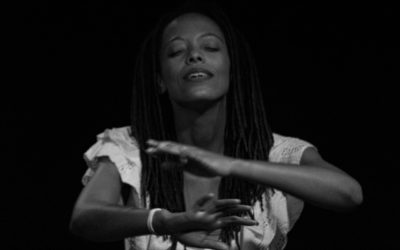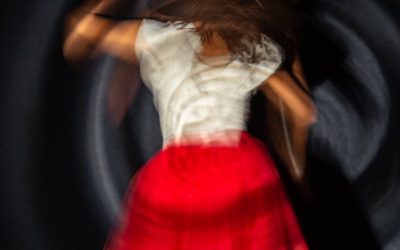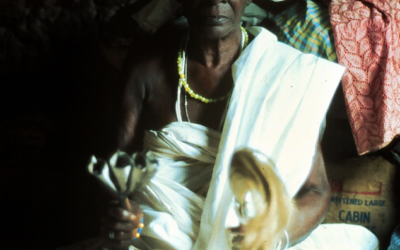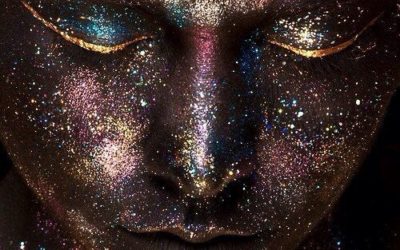In one of her most renowned songs, Marian Anderson sings, “sometimes I feel like a motherless child/a long ways from home/a long ways from home.”
Saidiya Hartman writes in Lose Your Mother: “I realized too late that the breach of the Atlantic and the routes traveled by strangers was as close to a mother country as I would come.”
In an interview on the book, she also writes: “LOSE YOUR MOTHER is about disenchanting a certain myth of belonging, of roots, to actually try to find another language of connection. I think there are people who never get to the last chapter, ‘Fugitive Dreams’, so they never understand that.”
When I bought the book, I did not reach the last chapter because I was trapped in my own grief about the first part. Feeling motherless with no way back to anywhere. But the book and my work with my ancestors eventually carried me to this circle. I could feel in my work that my mother was not lost, but that she wanders. And that is what I’m confirming, here. With you all.
When re-membering Africans as nomadic peoples, feeling wayward becomes a source of power, not a problem to be solved or a perpetual wound. It is reconfigured, for me, as a source of strength.
I have known the routes all the way home were not lost. I have known that home is many and all and nothing and this circle has helped me connect to that knowing in a deeper way coming home to the nomads across the ocean. The Bantu. Their footsteps traced around my edges.
To embrace the wander as a wonder of who we are as African peoples. Who we have always been is to know our power, our connection to each other and to the ancients.
It can never be removed.
I now see in my mind a picture of Africa before and all of the various peoples criss-crossing her Earth: to make kin, make kingdom, make ways, make kind, make peace, make glory, make space.
Nomadicism is a survival skill embedded in my dna and the dna of all African peoples
Nomadic peoples, people who can make home anywhere, who can thrive and build community in many kinds of spaces, places, who can grieve, who can say goodbye, who can say hello, who can learn new plants, rivers, seeds, who can carry their songs along with their children on their backs; are ahead of the game for the new world that is inevitably on the way.. We are prepared for the rapidly changing landscapes that climate change is creating right now. Climate change of the Earth will make it necessary to be ready to move at higher intervals, we will need to be ready to pick up and go. It has been happening around the world for decades, in India, Africa, the Middle East. Climate refugee status is now coming after its main culprit, the US and over the next 20 years, the topography of the United States will change at a scale few will be prepared to embrace.
Our indigenous will keep us as they always have as long as we continue re-membering. The so-called contemporary world will need to continue to catch up to us culturally in order to survive.
